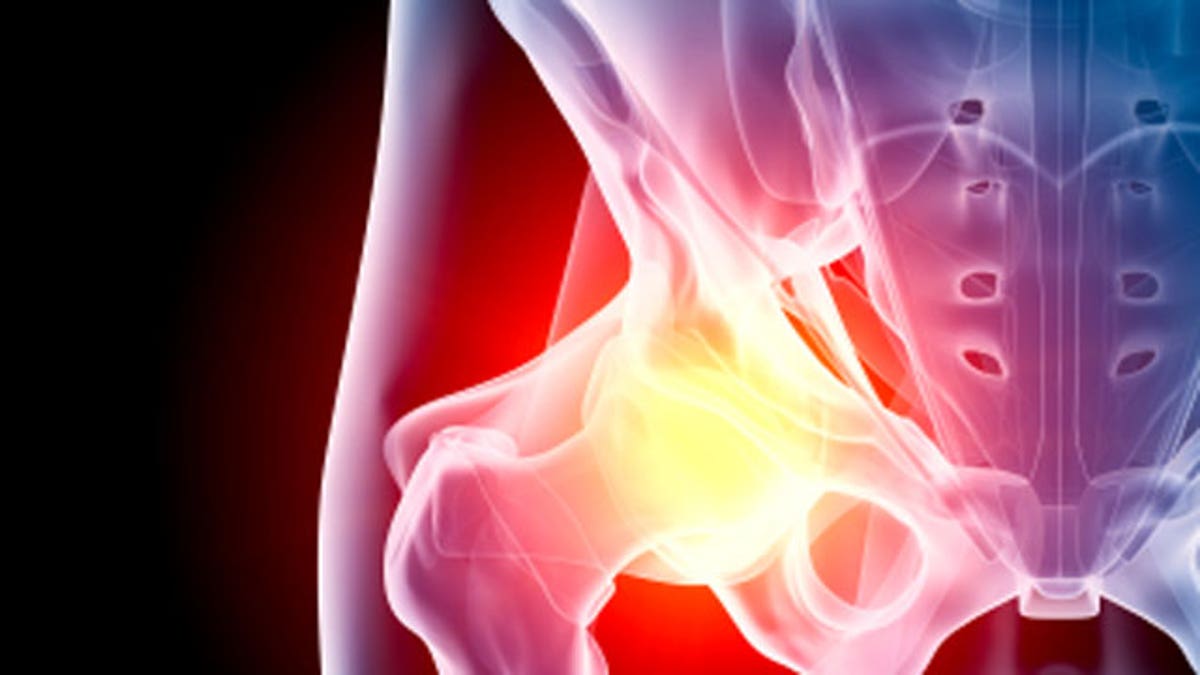
Half of nursing home residents who have a hip fracture either die or lose the ability to walk on their own in the six months after the injury, according to a new study.
Residents older than 90 and those who did not have surgery for the fracture were most likely to die or become completely disabled, researchers found.
“We observed that nursing home residents had very bad outcomes in survival and functional status,” said lead author Dr. Mark D. Neuman, from the Perelman School of Medicine at the University of Pennsylvania in Philadelphia.
“Patients who had hip fractures had pretty big increases in disabilities across the spectrum,” Neuman told Reuters Health.
He and his colleagues used data from nursing homes and Medicare claims to study more than 60,000 nursing home residents who were hospitalized for hip fractures between 2005 and 2009.
Most of the residents started out with the ability to get around on their own or with minimal help before the injury.
Six months after being hospitalized, one in three patients had died, including almost half of men.
Of those who had not died, 28 percent were newly dependent on others to get around. Declines were similar when it came to mobility in bed, personal hygiene and using the toilet.
Nearly half of the patients who were tracked for a full year after their hip fracture had died by that point.
Patients older than 90 tended to have worse outcomes than younger patients, according to results published in JAMA Internal Medicine.
“When nursing home residents can no longer ambulate, this restricts their ability to participate in activities at the nursing home,” said Lauren Beaupre, who has studied hip fracture at the University of Alberta in Edmonton, Canada.
“They will likely spend much more time in bed, which can only increase their frailty,” Beaupre, who was not part of the new study, told Reuters Health in an email.
Families of nursing home residents should know that in the event of a hip fracture, many residents do not return to their pre-fracture health state, said Dr. Sarah Berry of the Hebrew Rehabilitation Center for the Aged in Roslindale, Massachusetts. She also didn't participate in the current research.
About 20 percent of the elderly who live outside of a nursing home will die within one year after a hip fracture as compared with nearly half of nursing home residents, Berry told Reuters Health in an email.
For families, “In the event that a patient has a hip fracture, this information could be useful guiding decisions about surgery and planning for the future,” Neuman said.
Almost 12 percent of people who had a hip fracture during the study did not get surgery, which is twice the rate of the general Medicare population, the authors write. Those who were not operated on were substantially more likely to die or to start needing help getting around than those who did have surgery.
“It’s very hard to tell from a study like this exactly why decisions were made the way they were,” Neuman said. It could be that patients preferred not to have surgery, or it’s possible surgery was not offered as an option.
“A pretty high fraction of people who didn’t have surgery had much worse outcomes,” he said. “It still might be reasonable to do surgery for patients, even if they have a lot of baseline medical conditions, if they prefer it.”
Even very old people who have a hip fracture tend to have reparative surgery, he said, not only to extend life and improve mobility but because an unrepaired fracture can be painful, with pieces of broken bone rubbing together.
“Ultimately, the decision to have surgery should be left up to the patients and their families,” he said.
“Many nursing home residents are unable to make medical decisions for themselves. In the case of a resident with hip fracture, the provider generally works together with the family to determine whether the resident should be transported to the hospital for surgical repair,” Berry said.
“People shouldn’t be having surgery if they don’t want it,” Neuman said. “But at the same time, don’t rule out the potential that surgery could be a viable option.”








































